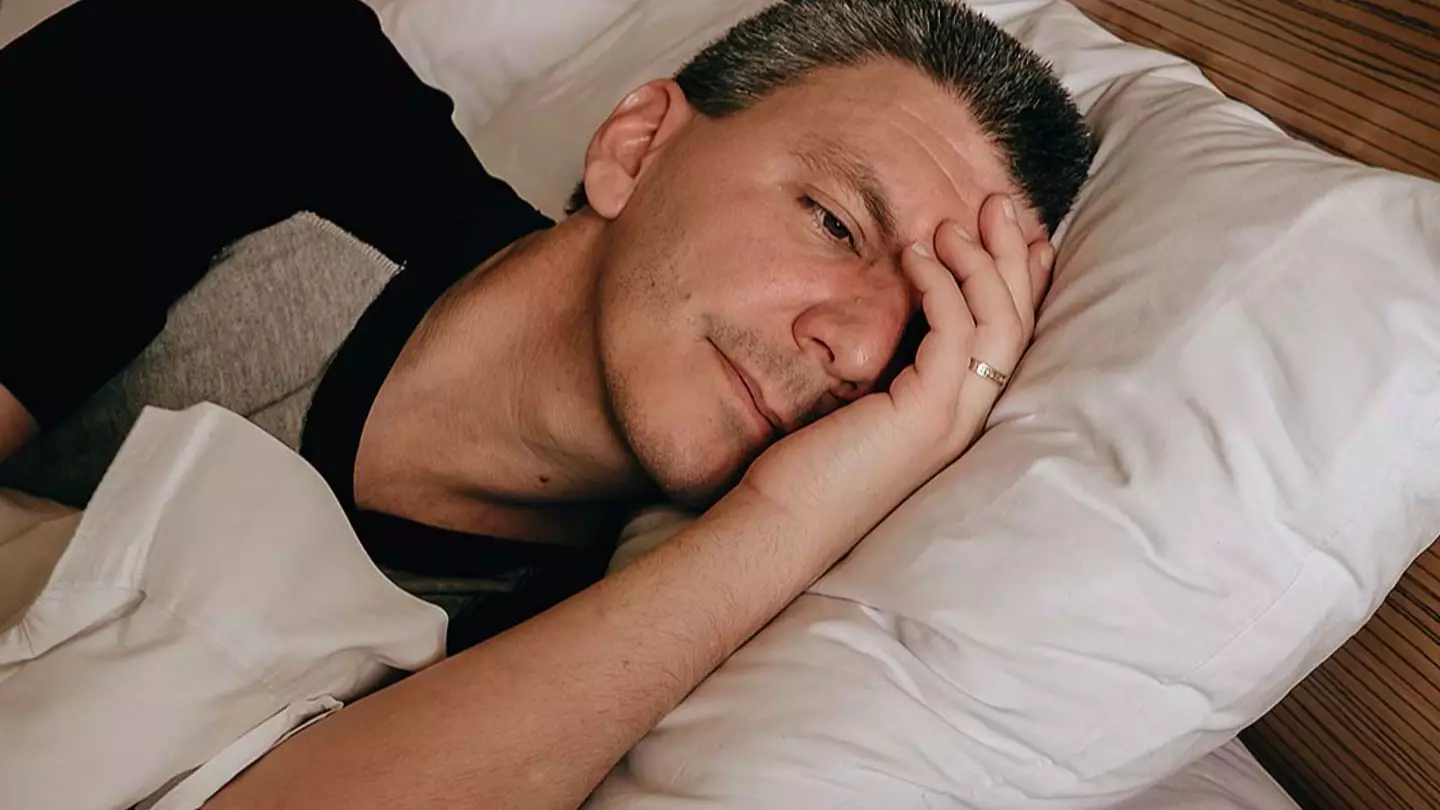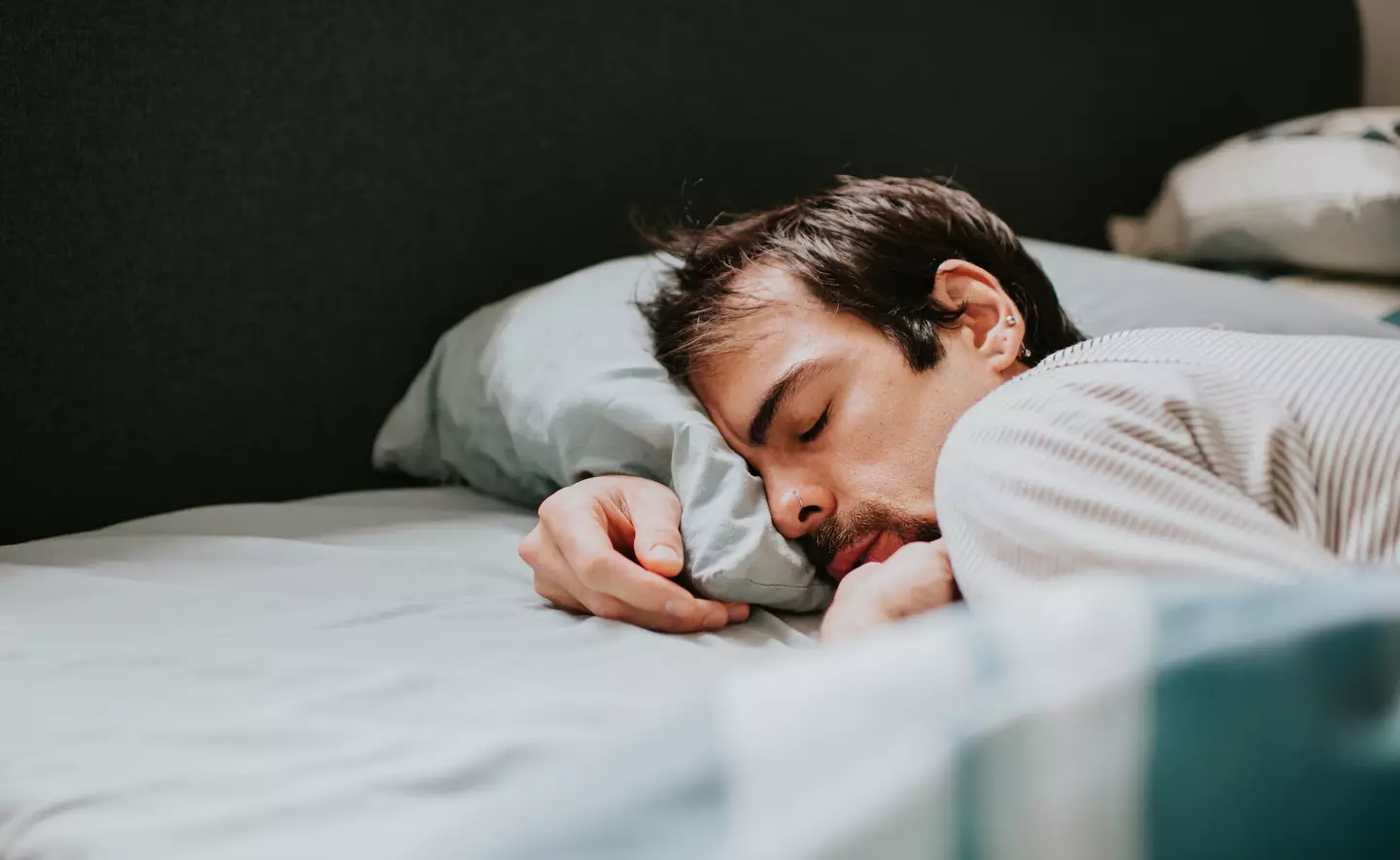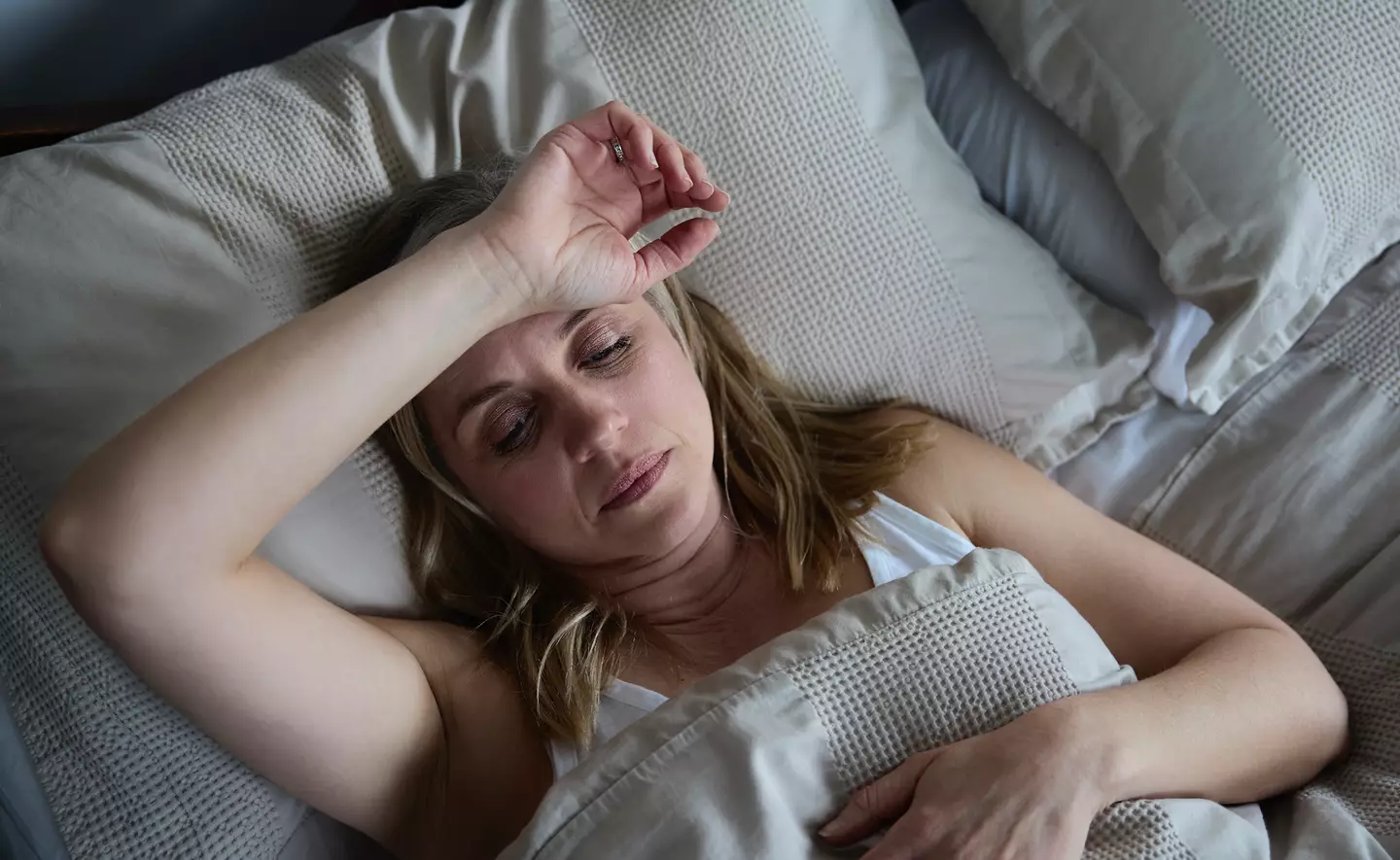Turns out there is such a thing as getting to sleep too quickly and it could point to a pretty serious problem.
While it's something many of us can only dream of, experts are now warning if you're dropping off to the land of nod in under five minutes on the regular, it could potentially be a sign something's actually up with your overall sleep health.
Sleep Foundation's website explains the time it takes you to fall asleep is known as 'sleep latency'.
It states: "Sleep latency is important because it helps indicate whether you are getting sufficient quality sleep. People do not always feel tired or recognize how sleep deprivation affects them. Objective sleep measures like sleep latency can provide a more accurate picture of how well a person is meeting their sleep needs."
"Different people fall asleep in different amounts of time," it notes, however, if you're falling asleep in quicker than five minutes? Well, it could be a warning sign.
It continues: "An extremely short sleep latency of less than eight minutes indicates increased sleepiness and could be the result of sleep deprivation or poor sleep due to an underlying sleep disorder."
For instance, a disorder such as narcolepsy - 'a condition that makes people very sleepy during the day and can cause them to fall asleep suddenly,' Mayo Clinic explains.
But what is generally considered a healthy amount of time to fall asleep within?
How long does it take you to fall asleep? (Getty Stock Images) What is the healthy amount of time to fall asleep in?
Sleep Foundation explains a 'normal sleep latency generally hovers between 10 and 20 minutes'.
It's important to note sleep latency can vary - think about if you try to go to bed earlier than normal or you stay up late watching a film and end up falling asleep quicker as a result.
Eating food too soon before bed, consuming caffeine or alcohol can also all play a role too, alongside going on your phone or any other screen, being super stressed or in pain alongside being in a new environment.
But should your sleep swing the other way and you take over 20 minutes to fall into zz's?
If it frequently takes you 20 minutes or more to fall asleep, that may be a sign something's up too (Getty Stock Images) If you take more than 20 minutes on average to fall asleep, this could be an indication you have insomnia or 'another factor interfering' with your ability to sleep.
However, 'the American Academy of Sleep Medicine cautions that sleep latency is just one measure that should be used in conjunction with other criteria when assessing a person for a possible sleep disorder'.
So, if you're concerned about your sleep latency and quality, you should consult with a doctor who can perform tests and help manage your concerns.

 Poppy Bilderbeck
Poppy Bilderbeck
